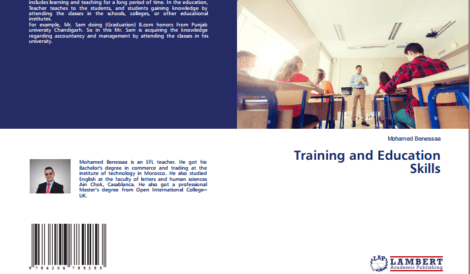TEFL (Teaching English as a Foreign Language) and TESOL (Teaching English to Speakers of Other Languages) are both teaching certifications that qualify individuals to teach English to non-native speakers. While they have similar goals, there are some differences in terminology and focus:
- TEFL (Teaching English as a Foreign Language):
- TEFL is a term more commonly used in countries where English is not the primary language. It focuses on teaching English in environments where English is not widely spoken, and the goal is often to help students communicate with English-speaking visitors or for specific purposes like business or travel.
- TEFL certification is often pursued by individuals who want to teach English abroad, especially in non-English-speaking countries.
- TESOL (Teaching English to Speakers of Other Languages):
- TESOL is a broader and more inclusive term that encompasses teaching English in any context, including ESL (English as a Second Language) or EFL (English as a Foreign Language) settings. TESOL programs prepare educators to work with English learners in various countries, both where English is the native language and where it isn’t.
- TESOL certification is often pursued by individuals who intend to teach English to immigrants or non-native English speakers in English-speaking countries, as well as those teaching English abroad.
The benefits of getting a TEFL or TESOL certificate include:
- Improved Teaching Skills: These programs provide you with pedagogical knowledge and practical teaching techniques that can help you become a more effective and confident English teacher.
- Increased Job Opportunities: Many schools and language institutes, especially abroad, require teachers to have a TEFL or TESOL certificate. It opens up more job opportunities, as employers often prefer candidates with these qualifications.
- Higher Earning Potential: Having a TEFL or TESOL certificate can lead to higher-paying teaching positions, as many employers offer better compensation to certified teachers.
- Enhanced Cultural Experience: Teaching English in a foreign country can be an enriching cultural experience. A TEFL certificate can help you secure a teaching job in another country, allowing you to immerse yourself in a new culture while working.
- Personal Growth: Teaching English to non-native speakers can be a rewarding experience, as you help students improve their communication skills and gain confidence in using English.
- Professional Development: The knowledge and skills acquired during a TEFL or TESOL program can be beneficial for various teaching and communication roles, not just in English language education.
It’s important to note that the specific requirements and recognition of TEFL and TESOL certificates can vary from one institution or country to another. Before pursuing a certificate, research the specific requirements and preferences of the employers or institutions you are interested in working with to ensure that you choose the right certification for your career goals.






